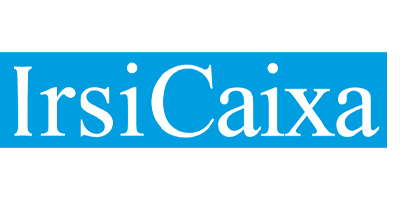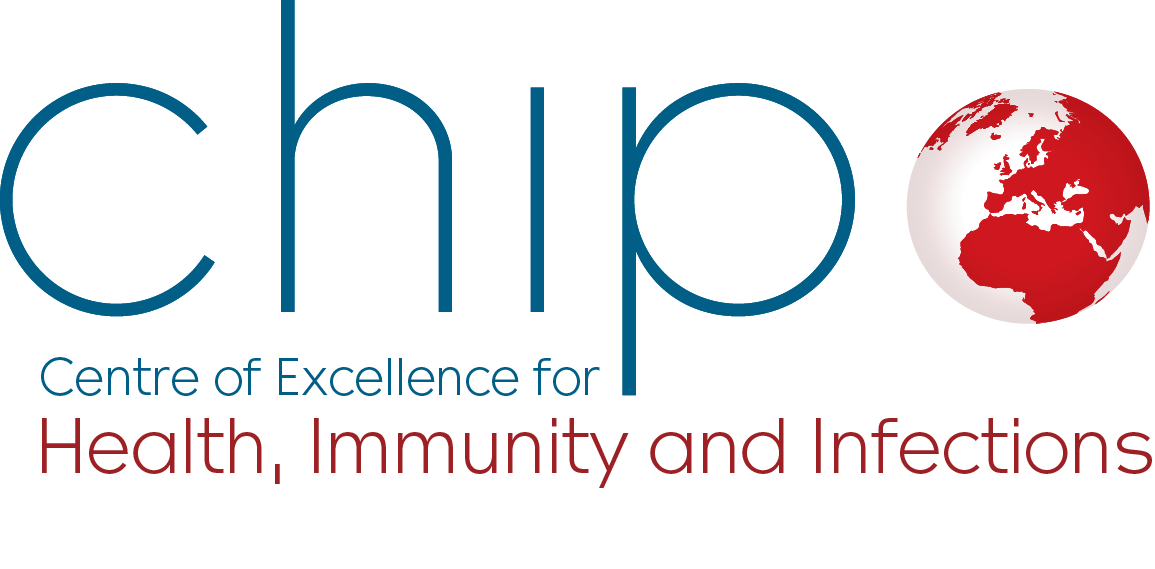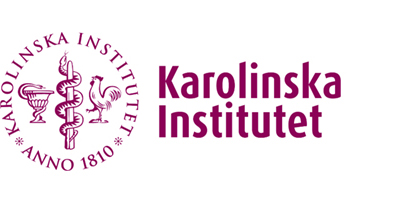Description
The expected outcome of this WP is a better understanding of the pathophysiological factors underpinning HIV infection and human microbiome interactions. It is expected that research will be able to clarify if suitable interventions could reduce the impact of pathophysiological factors and yield clinical benefits for patients.
Researchers will also attempt to identify novel biomarkers in the human microbiome that will allow them to stratify patients at higher risk of developing severe AIDS and non-AIDS-related clinical complications. Preliminary research suggests that HIV-1 infected subjects with low levels of CD4+ T-cells are more likely to show gut dysbiosis, i.e., a low faecal microbial gene count (LGC). However, HIV clinicians cannot accurately predict which of their HIV-infected patients has dysbiosis based solely on clinical or immunological parameters. Leaving aside direct microbial-based microbiome interventions, just the knowledge that a patient has gut dysbiosis (or has undergone any other clinically-relevant change in their microbiome structure, composition or function) can be used to monitor and intervene in general health-related risk factors (e.g., smoking, exercise, diet), as the microbiome, known to be affected by the environment, can be modified by such interventions. Previous research has already shown that detection of as few as 5-10 microbial species identifies people with LGC. However, the potential of this knowledge will only be unleashed if researchers can confirm that, after controlling for confounding factors, gut microbial shifts are indeed associated with a risk of developing “real” diseases.
Objectives
For HIV-infected individuals, to enhance understanding of associations between gut microbiome composition and the risk of developing serious AIDS/non-AIDS events, including cardiovascular events and pathological increases in inflammation and coagulation mediators. Specific goals are as follows:
- To establish a faecal microbiome sample repository for the EuroSIDA clinical cohort of HIV-infected patients for use in metagenomics analyses.
- To evaluate the association between gut microbiome composition and function and the risk of developing cardiovascular disease and severe AIDS and non-AIDS events.







